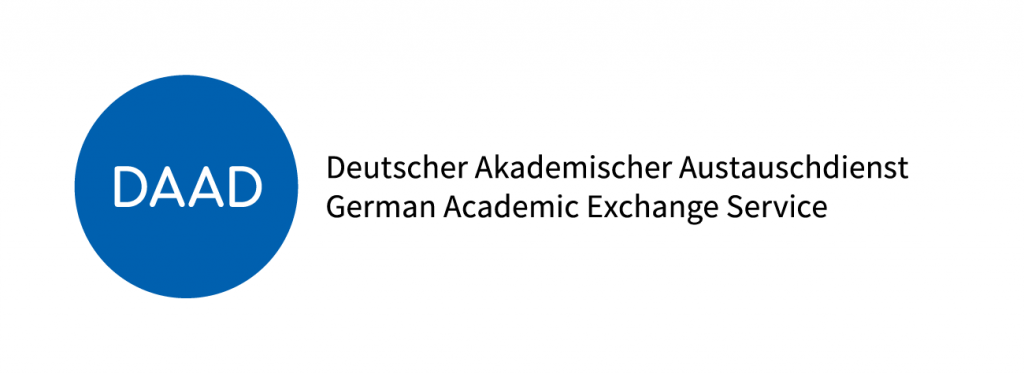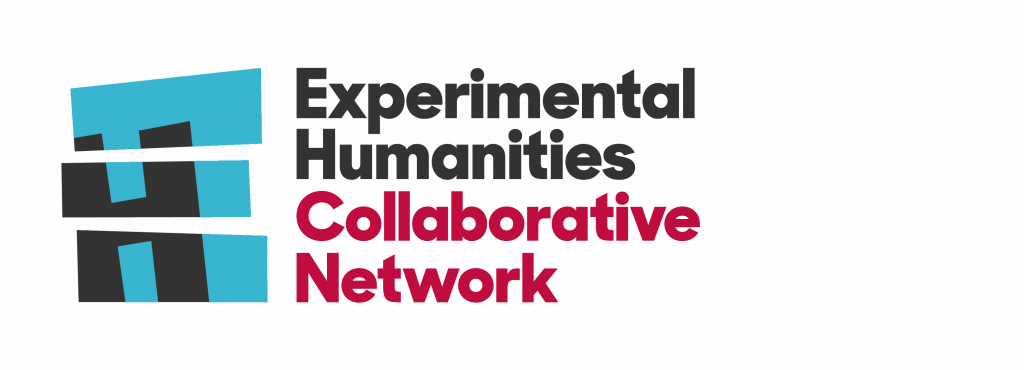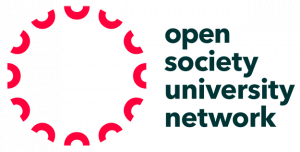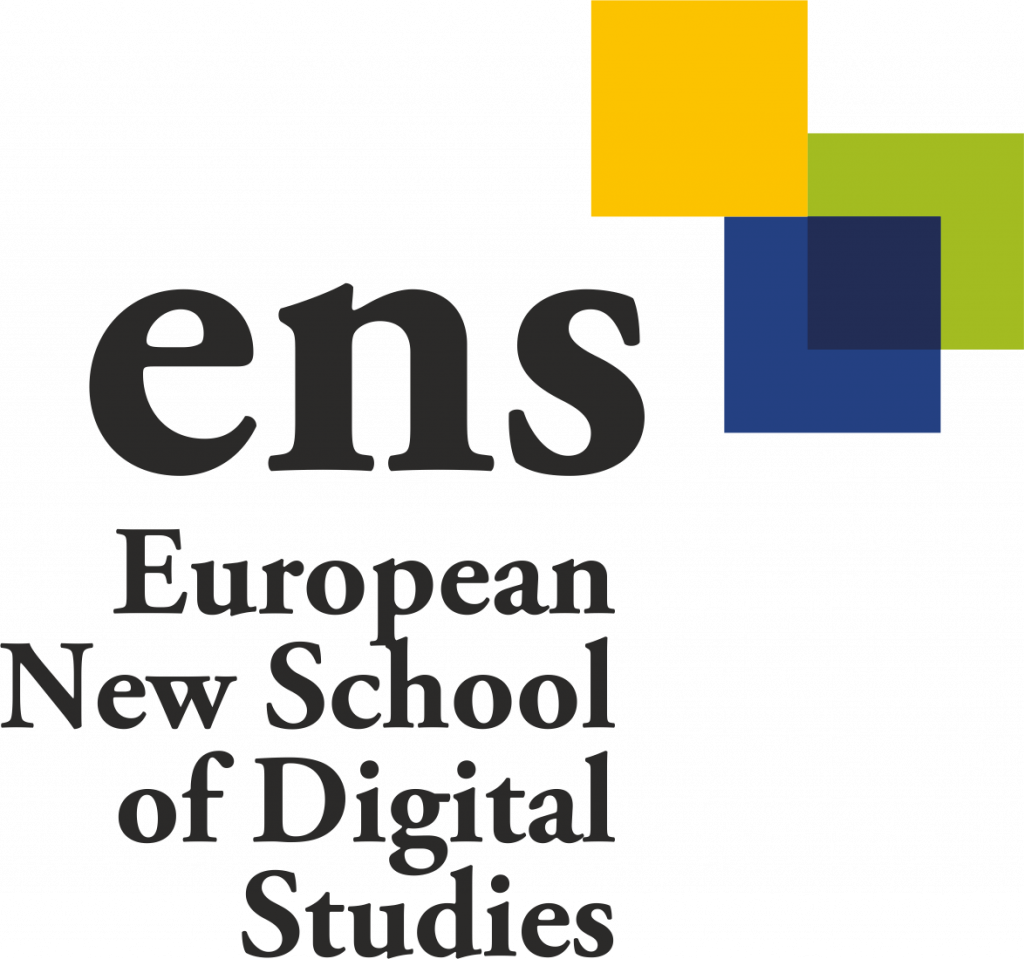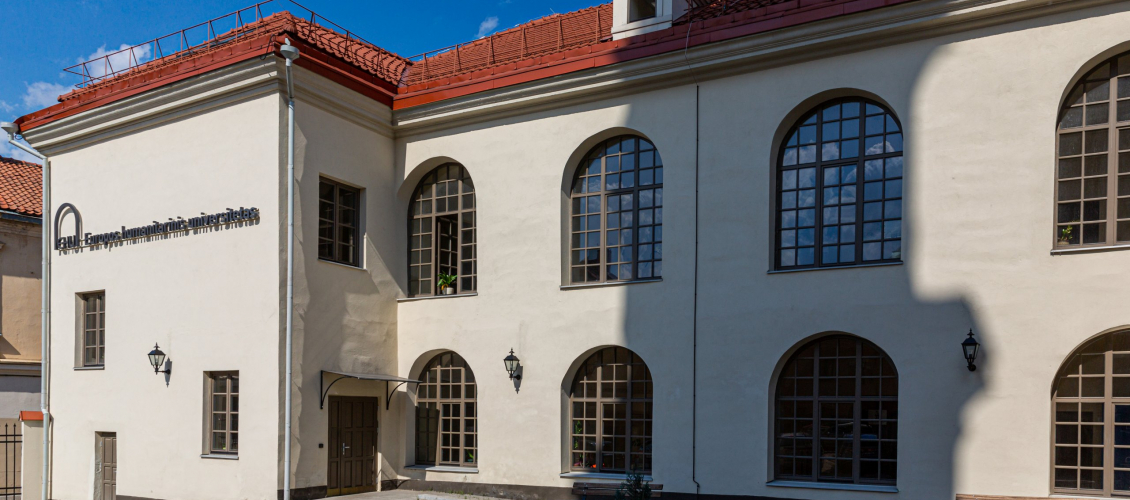
Platformization, Digital Disinformation and Non-Democratic Politics: Belarus in Comparative Perspective
European Humanities University, July 16-27, 2024
The promise of the Internet to foster democratic bottom-up participation of civil society in political decision-making processes has been widely questioned at least since the Arab Spring counterrevolutions. It has become even more scrutinized after the digital platforms were widely appropriated by populist discourses and by digital disinformation strategies, including in democracies. The increasingly platformized media infrastructures have been used not only for deliberative democratic practices of bottom-up or horizontal communication, but also for non-democratic purposes of political disinformation and strategic polarisation, exemplified by Covid-19 denialism or the disinformation campaign during the 2016 US election. This Summer School will explore both the consequences of digital platforms’ omnipresence in non-democracies, with a special focus on Belarus, as well as the anti-democratic aspects of digital developments in democracies, such as digital disinformation. This conceptual and empirical multi-sited focus on the transformation of the political realm due to platformization will provide a comparative framework for the dialogue among academic scholars, sectoral experts, civic activists, and students of all levels.
The massive politicisation of Belarusian society in the summer and autumn of 2020 as well as the ongoing massive repressions against civil society are the starting point to document and reflect on the impact of digital platforms on both democratic and non-democratic politics. The Summer School emphasises the critical entanglement of both the emancipatory politicisation and deliberative democratic practices, and the unprecedented repressions in Belarus today with the reality of digital platforms. By bringing to the classroom cutting-edge theory on platformization, digitalisation, datafication, established expertise on Belarus, the experiences of various actors in the research field, the studies of similar cases of digitalization of politics in non-democracies, as well as studies of non-democratic tendencies intensified by digitalisation in democracies, the Summer School creates an immersive learning environment that is filled with analytical and ethical dilemmas. For this purpose, the curriculum is composed of four modes of input: 1) lectures and discussions on the specificity and political impact of digital platforms in non-democracies and on the non-democratic aspects of digitalisation in democracies; 2) workshops and lectures on methodological tools and methodological challenges to study platformized politics; 3) meetings and networking with representatives of NGOs, independent media, civic tech, and research organisations with the focus on Belarus (as the major Summer School case study) and beyond; and 4) facilitated discussion of readings on platformization of politics and on digital disinformation.
The Summer School exploits the tension between the logics of infrastructures as stable and usually state owned and those of digital platforms as constantly re-programmable and privately owned (Plantin et al. 2018), and the ways this opposition develops and stands out in post-Soviet authoritarianism and in comparable cases. The ‘infrastructural lens’ in the social sciences and cultural studies provides not only the conceptual apparatus to dismantle various configurations of political power in times of platformization. It also contributes analytical instruments to identify drivers of political change. Infrastructures and digital platforms are political in terms of the resources, alliances, flows, modes of behaviour, interactions, claims, representations, and artefacts they enable. Which new civil society actors and assemblages have gained momentum in Belarus and in the other non-democracies due to digitalization and platformization? And what may be their future prospects in the long-term? On the one hand, the Summer School asks: which instruments have been used by authoritarian states to disrupt the diverse agencies of civil society actors? What elements of non-democratic politics, including misinformation, disinformation (Armitage & Vaccari, 2021) or populistic usage of contemporary “rewired” propaganda (Oates, 2021) can be identified in the current platformized societies? And, furthermore, what is the remaining potential for civil society action in platformized societies going through harsh repressions?
The Summer School provides:
- Work in a medium-sized interdisciplinary group (up to 20 participants and 3-4 tutors)
- Lecturers and tutors with expertise in the topic of the Summer School
- Tools for AI powered analysis of social media platforms
- Meetings and networking with the representatives of Belarusian NGOs, civic tech, independent media, and research organisations
- Cultural program in Vilnius and in Kaunas
- Time for individual work
- 3 ECTS credit points (upon completion of final project on topic of the Summer School)
Learning outcomes:
- Lectures on the political dimension of infrastructures and digital platforms
- Lectures on digital disinformation
- Skills of analytical work with activists’ and organisations’ real-life dilemmas in Belarus and other non-democracies
- Skills of data-driven analysis of social media audience and impact
- A block of lectures on contemporary Belarusian society, culture and politics
- Guided development of individual and joint projects
Language of the Summer School – English
Applications are accepted from practitioners and students of all levels in fields of sociology, political studies, journalism, anthropology, STS, media studies, urban studies, culture studies, history, philosophy, gender studies, design, art and multimedia.
BA and MA students from German universities can apply for DAAD Go East stipend.
Students from universities participating in OSUN Experimental Humanities Collaborative Network can apply for stipend covering fee, travel and accommodation in Vilnius.
Participation fee for DAAD stipend holders – 500 euros
Participation fee for at risk students – 25 euros
Participation fee for all other applicants – 300 euros
Participation fee includes meals and cultural program. Accommodation and travel are to be organised by the participants individually.
Participants will be offered an opportunity to reside in EHU student dormitory at a reasonable price.
Application materials including CV and motivation letter should be sent to Dr. Siarhei Liubimau (siarhei.liubimau@ehu.lt) by May 2, 2024.
Selection criteria
- Well articulated motivation to join the Summer School
- Interest in Belarus and the region
- Motivation to learn in international environment
Discover the program. Click here.
Partners
Experimental Humanities Collaborative Network at OSUN
European New School of Digital Studies
